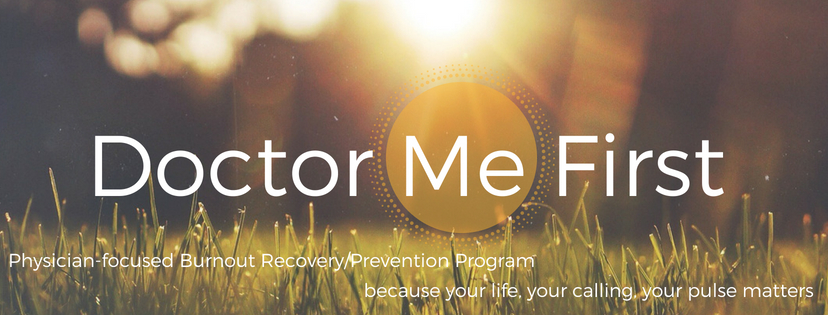Episode 3: Freedom with Dr. Chiagozie Fawole
Transcription
Dr. Weisman: Welcome, women in medicine. It's time for another Doctor Me First. This podcast is all about authentic conversations between us, female physicians. No more feeling alone in medicine, hell to the no. You are now in the community of an amazing set of women. My hope is that through my conversations with these other female physicians, I bring you encouragement, inspiration, community, hope, and a little bit of fun to your life and your practice. I'm Dr. Errin Weisman, your colleague in medicine and coach in life and this is episode number three.





